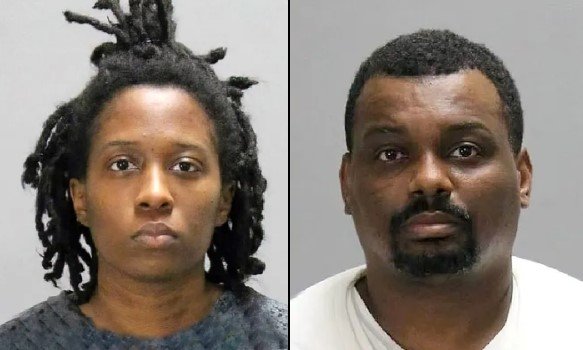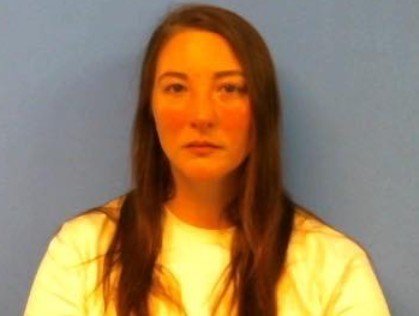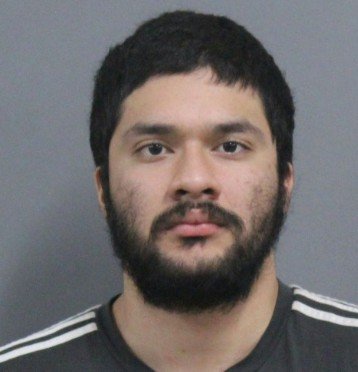Georgia Court Denies Immunity for Teacher After Student’s Fatal Collapse During Basketball Practice

Larosa Marie Asekere, a teacher and head coach at the Elite Scholars Academy in Jonesboro, GA, and assistant coach Dwight Broom Palmer, have been indicted on charges including second-degree murder, cruelty to children in the second degree, involuntary manslaughter, and reckless conduct following the death of a student during a basketball conditioning practice on August 13, 2019. The student, identified as 16-year-old Imani Bell, collapsed and later died after participating in a strenuous physical conditioning session led by Asekere.
The practice took place on the school’s campus, where Asekere and Palmer required the student-athletes to complete several physical drills, including stretching, running a mile, holding planks, and running bleacher stairs. Despite a countywide heat advisory issued by the local athletic coordinator, it was unclear if the advisory was communicated to Asekere. Witnesses at the scene reported that Imani appeared to be struggling with the physical demands of the drills throughout the practice. During the final drill, which involved running up and down the bleachers, Imani collapsed and later died due to heat-related complications.
Following the incident, Asekere moved to have the charges dismissed, claiming immunity under OCGA § 20-2-1001, a statute designed to protect educators from criminal prosecution when their actions are deemed related to disciplining a student or responding to misconduct. The law stipulates that educators can be immune from prosecution if their actions are carried out in good faith, related to their role in disciplining a student, or managing classroom conduct. Asekere argued that the physical conditioning activities were a form of discipline since she was exercising control over the students’ behavior through the drills.
However, the trial court ruled against Asekere’s motion for immunity, stating that the law’s definition of “discipline” did not apply to the actions taken during the practice. The court explained that discipline, as defined by the statute, typically involves situations where a teacher is responding to a student’s misconduct or a need to gain control over disruptive behavior. In this case, the court noted that Imani and the other students were compliant during the practice, and there were no incidents of misbehavior or disruption that would have required Asekere to impose any form of discipline. As a result, the court found that Asekere’s actions did not meet the legal standard for immunity.
The Georgia Court of Appeals upheld the trial court’s decision, emphasizing that immunity under OCGA § 20-2-1001 is not intended to cover all acts of an educator in the course of their professional duties. The court found that Asekere’s conduct was limited to the supervision of a routine training session and did not involve any active discipline or response to misconduct by the students. The ruling clarified that the immunity provided by the statute is not a blanket protection for all educator actions but is instead specific to cases where the educator is actively responding to student behavior that requires discipline.
The case will now proceed to trial, with Asekere and Palmer facing serious charges in connection with the tragic death of the student. The prosecution will focus on whether the actions taken during the practice were reckless and contributed to the student’s fatal collapse.






